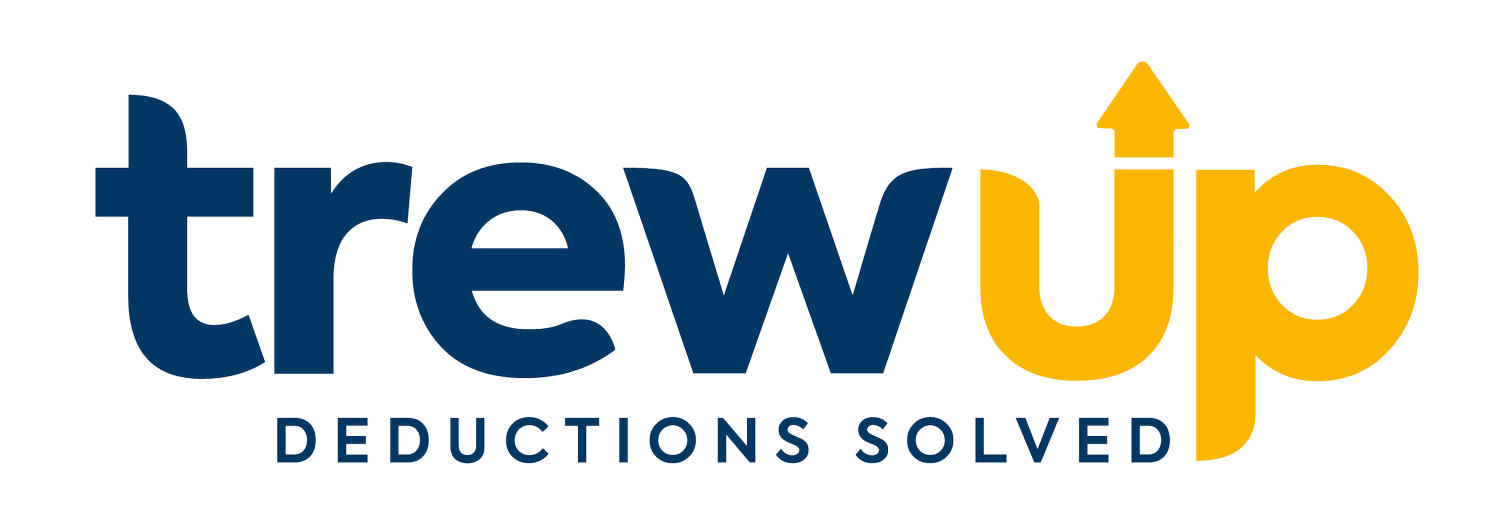Navigating Deduction Disputes: Best Practices for Resolving Issues Amicably with Retail Partners
In the fast-paced world of consumer packaged goods (CPG), managing deductions is a critical component of maintaining healthy profit margins and ensuring financial stability. However, deduction disputes can often become a source of tension between suppliers and retailers. Successfully navigating these disputes requires a strategic approach that balances assertiveness with maintaining positive business relationships. Here are some best practices for resolving deduction disputes amicably with your retail partners.
Understand Your Contracts and Agreements
Before you can effectively dispute deductions, it’s essential to have a thorough understanding of your contracts and agreements with your retail partners. This includes knowing the terms, allowances, and any pre-approved discounts or fees. Having this knowledge at your fingertips allows you to quickly identify unauthorized deductions and provides a solid foundation for your dispute.
Best Practice Tips:
Review Contracts Regularly: Schedule regular reviews of your contracts to stay updated on terms and conditions.
Document All Agreements: Keep a detailed record of all agreements and communications with your retail partners to reference in case of a dispute.
Categorize and Prioritize Deductions
Not all deductions are created equal. Some may be valid and easily resolvable, while others may require extensive investigation. By categorizing deductions into different types (e.g., trade promotions, logistics fees, shortages), you can prioritize which ones to address first based on their financial impact and ease of resolution.
Best Practice Tips:
Invest in a Deduction Management System: Implement a system to categorize and track deductions, making it easier to prioritize and manage disputes.
Focus on High-Impact Deductions: Prioritize disputes that have the most significant financial impact on your business.
Gather Comprehensive Documentation
Successful dispute resolution hinges on having the right documentation. This includes purchase orders, invoices, shipping receipts, signed bills of lading (BOLs), and any correspondence related to the transaction. Comprehensive documentation supports your claim and helps build a persuasive case when disputing a deduction.
Best Practice Tips:
Maintain Detailed Records: Ensure all relevant documents are stored in an organized and accessible manner.
Document Every Step: Keep a detailed record of every step taken in the dispute process, including communications and responses from the retailer.
Foster Open Communication
Effective communication is key to resolving disputes amicably. Approach your retail partners with a collaborative mindset, aiming to understand their perspective while clearly presenting your case. Open and respectful communication helps maintain positive relationships and increases the likelihood of a favorable resolution.
Best Practice Tips:
Schedule Regular Check-Ins: Regularly check in with your retail partners to discuss any ongoing or potential issues.
Be Transparent: Clearly communicate your concerns and provide supporting documentation to back up your claims.
Utilize Technology and Automation
Leveraging technology can streamline the deduction management process, making it easier to identify, categorize, and resolve disputes. An automated deduction management system like TrewUp can help track deductions in real-time, flag discrepancies, and generate reports that provide actionable insights.
Best Practice Tips:
Implement Deduction Management Software: Use a dedicated software solution to automate and streamline the deduction management process.
Monitor in Real-Time: Utilize real-time monitoring to quickly identify and address unauthorized deductions.
Collaborate with Third-Party Experts
In some cases, it may be beneficial to collaborate with third-party experts who specialize in deduction management. These experts can provide additional resources, expertise, and an objective perspective to help resolve disputes more effectively.
Best Practice Tips:
Engage Consultants: Consider engaging consultants who can offer expert advice and assistance in managing complex deduction disputes.
Leverage Industry Best Practices: Collaborate with third-party experts to stay updated on industry best practices and evolving trends.
Navigating deduction disputes requires a balanced approach that combines assertiveness with a commitment to maintaining positive retail partnerships. By understanding your contracts, categorizing and prioritizing deductions, gathering comprehensive documentation, fostering open communication, leveraging technology, and collaborating with experts, you can effectively resolve disputes and protect your financial interests. Implementing these best practices will not only help you resolve current disputes but also strengthen your overall deduction management strategy, ensuring long-term success and profitability in the CPG industry.
For CPG brands looking to enhance their deduction management processes, solutions like TrewUp offer powerful tools and insights to streamline operations and resolve disputes amicably. Contact us today to learn more about how TrewUp can support your business in navigating deduction disputes and achieving financial clarity.
